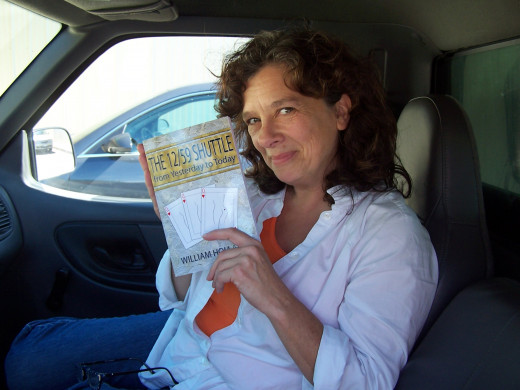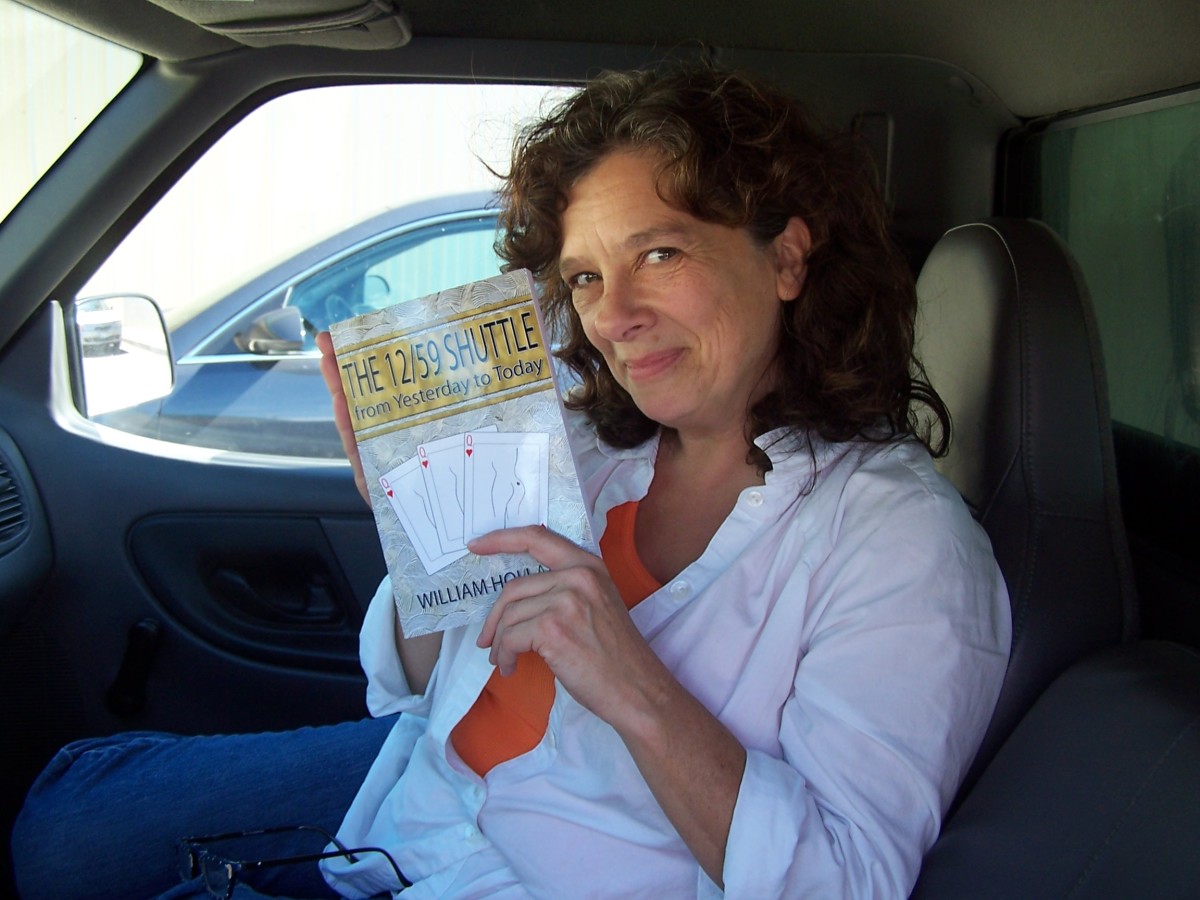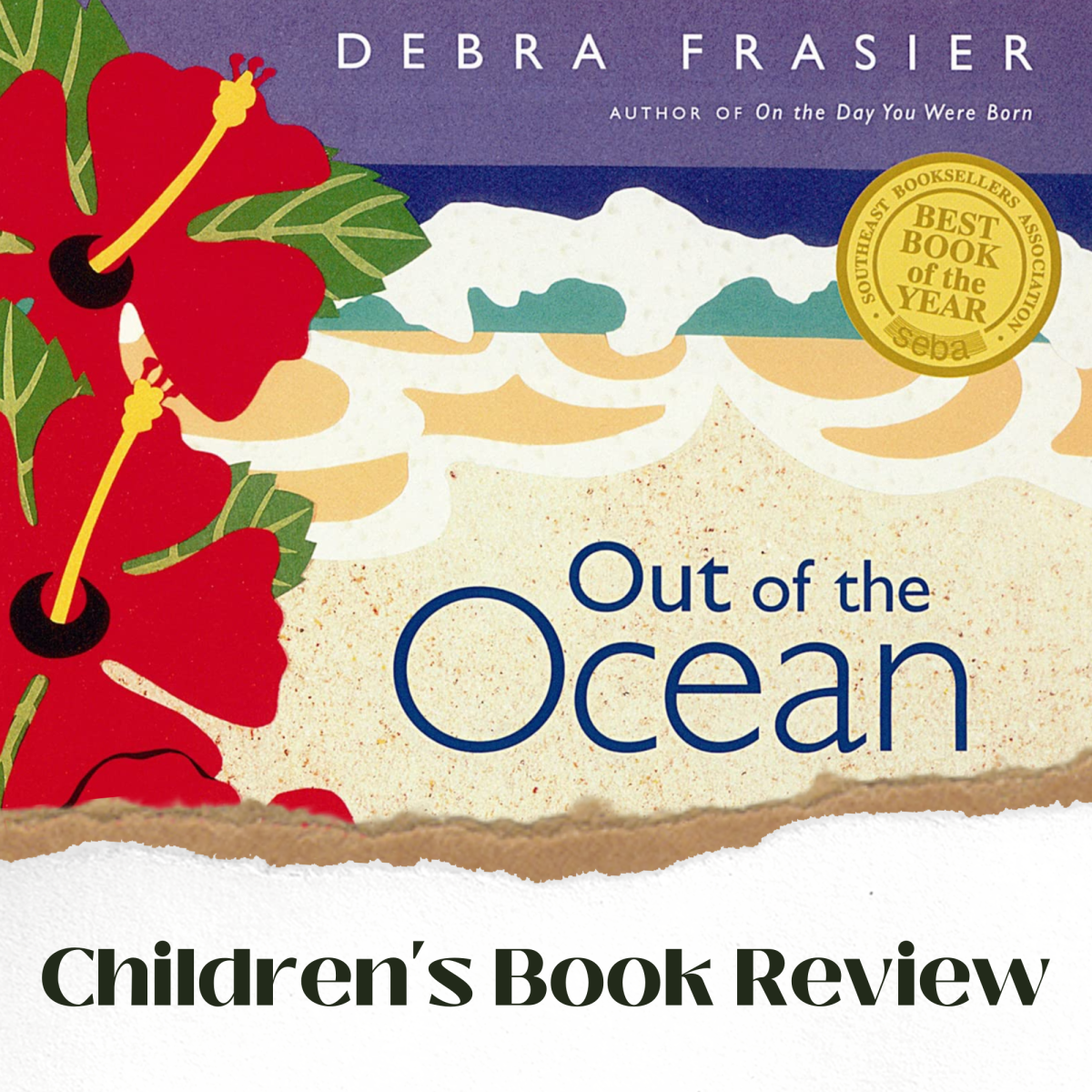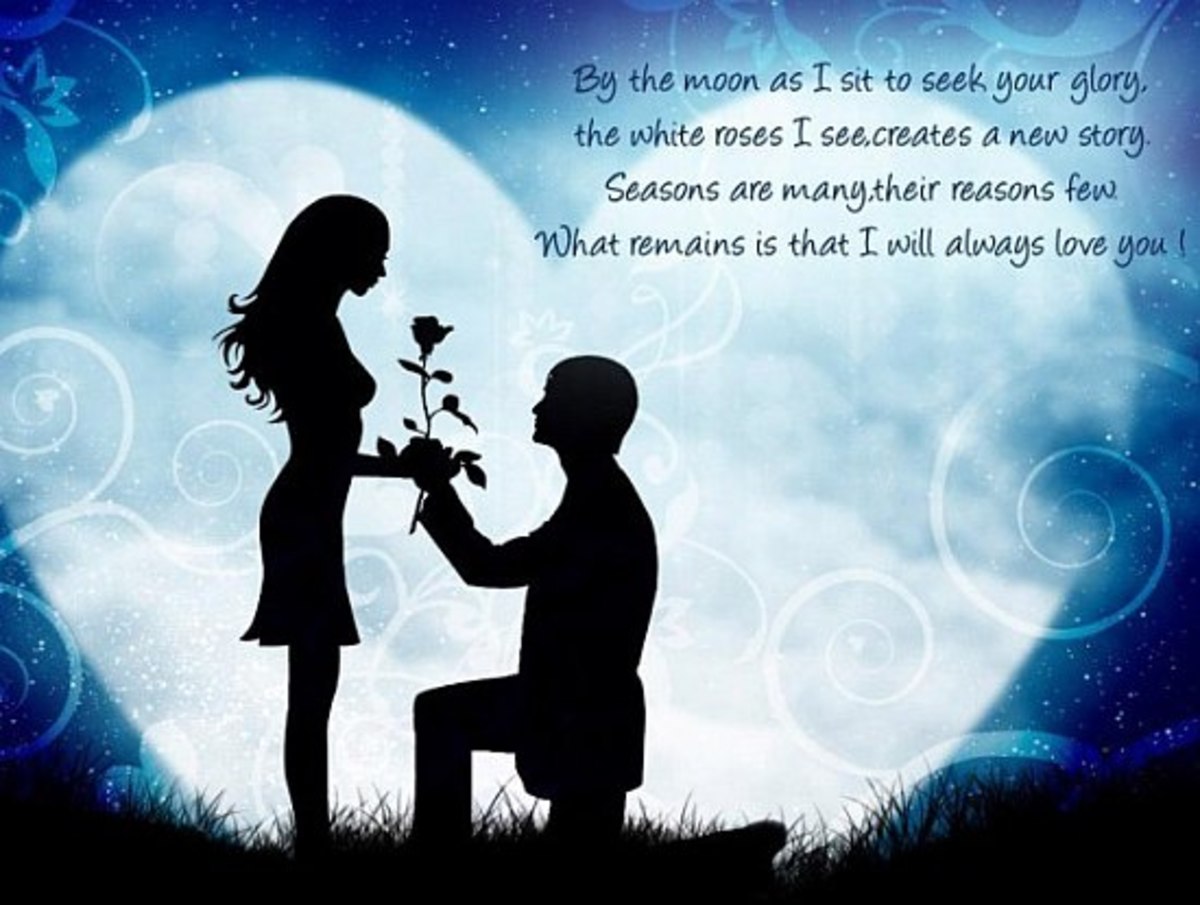How To Write The Perfect Book Summary
The Book Is Finished and the Hard Work Is Over, Right?
Well as a matter of fact, no!
You are a fairly new novelist. You just finished your 100,000 word piece of fiction, the editors have had their go with it, and you have now reached the stage where you want to approach an agent, or publisher, or just self-publish your masterpiece.
Not so fast!
The next step in the publishing process just may be the most difficult: writing a summary of your book in 200 words or less.
That’s right, take those 100,000 words with multiple characters and settings, plots and subplots, and boil it all down into THE perfect 200 words.
Impossible you say?
And I say it is not only possible but vitally important that you do so.
Here’s why!
Join me on my writing blog
- Artistry With Words | A topnotch WordPress.com site
Just for writers....written by writers....about writing. Come join me as we share information about our craft.

Such an important book for writers
Do I Really Have To?
Yes, so quit complaining and listen to my reasons.
If you are going to query an agent to represent your book, the summary is what interests them and makes them all googly-eyed at the prospect.
If you are going to query a publisher directly, the summary is crucial for the same reason.
And if you are going to go the self-publishing route, the summary is what sells the book directly to the reader.
Think about the process when you go to buy a book, or when you are browsing for a book at the library. Chances are excellent that you pick up the book and read the summary on the inside cover. Am I right or am I right? That’s what I thought! And when, after reading the summary, you decide to take it home with you, the summary is the reason for your new friendship. Again, am I right or am I right?
Now that we are in complete agreement, let’s take a look at how to write a dynamic summary.
Book summary from "The Notebook" by Nicholas Sparks
A man with a faded, well-worn notebook open in his lap. A woman experiencing a morning ritual she doesn't understand. Until he begins to read to her. The Notebook is an achingly tender story about the enduring power of love, a story of miracles that will stay with you forever. Set amid the austere beauty of coastal North Carolina in 1946, The Notebook begins with the story of Noah Calhoun, a rural Southerner returned home from World War II. Noah, thirty-one, is restoring a plantation home to its former glory, and he is haunted by images of the beautiful girl he met fourteen years earlier, a girl he loved like no other. Unable to find her, yet unwilling to forget the summer they spent together, Noah is content to live with only memories...until she unexpectedly returns to his town to see him once again. Allie Nelson, twenty-nine, is now engaged to another man, but realizes that the original passion she felt for Noah has not dimmed with the passage of time. Still, the obstacles that once ended their previous relationship remain, and the gulf between their worlds is too vast to ignore. With her impending marriage only weeks away, Allie is forced to confront her hopes and dreams for the future, a future that only she can shape. Like a puzzle within a puzzle, the story of Noah and Allie is just the beginning. As it unfolds, their tale miraculously becomes something different, with much higher stakes. The result is a deeply moving portrait of love itself, the tender moments and the fundamental changes that affect us all. Shining with a beauty that is rarely found in current literature, The Notebook establishes Nicholas Sparks as a classic storyteller with a unique insight into the only emotion that really matters. "I am nothing special, of this I am sure. I am a common man with common thoughts and I've led a common life. There are no monuments dedicated to me and my name will soon be forgotten, but I've loved another with all my heart and soul, and to me, this has always been enough." And so begins one of the most poignant and compelling love stories you will ever read...The Notebook
Common Features of a Great Summary
After checking several sources about this subject, I have come to realize that a great summary consists of main characters, plot, tone, genre and comparable titles.
What? That’s not possible you say? How totally idiotic you say?
Necessary I say! Let’s quickly break down each of those ingredients.
Every reader should be given at least one character that they can cheer for, a protagonist that captures the reader from early on and does not let go. I can tell you that this writer is a big mystery fan, and when I read a book summary I had better have a good feeling for the main character or I won’t bother reading the book. Period!
We also need to know where the novel is taking place. When and where is the story unfolding? There is no need to get too detailed here; just place the character in his setting, tell us what the conflict is that he/she will face, and invite us to follow along on the journey. The plot section of your summar should be graceful and flow and it should definitely not be weighed down with too many details.
It is also important to set the tone for the novel in that summary, and you can best do that by writing the summary in the same narrative voice as the book itself.
Mentioning the genre is of importance if dealing with agents and publishers. You only have about ten seconds to win that group of people over, and they all represent books in particular genres, so save them some work by telling them which genre your book best represents.
As for comparable titles, consider them a helpful way to give an agent, publisher or even the public of a frame of reference to judge by…..just make sure you choose a truly comparable work as a reference, and don’t embarrass yourself by aiming too high. In other words, don’t tell a reader that your book is comparable to “The Grapes of Wrath” ….unless, of course, it is. J
Pretty powerful summary by the author himself

Tips for Writing the Perfect Summary
Okay, let’s say I finally sold you on this idea. Well, it’s about time, but I’m glad you are finally onboard. I won’t leave you floundering in high seas. No, I’m going to give you a few tips that just might help you craft perfection. Please, don’t try to thank me.
BORROW FROM THOSE WHO CAME BEFORE YOU
Well shoot, that means you can borrow from several million writers, so no problem! Well, in truth, you still have a problem. I don’t want you copying someone else’s summary for God’s sake, but I do want you to go to the library and see how some experienced and successful authors wrote their summaries. Ask yourself why those summaries are successful. What have they done that passes the test and makes their books interesting? Then go home and be like them.
FIND OUT WHAT WORKED BEFORE IN A SIMILAR GENRE
Chances are you can think of a book, already written, that is similar to yours. If so, go read the summary of that book, or several books that are like yours…..then use their summary as a guide for yours. No, I don’t want you paying a fine for plagiarism, but I also see no reason to re-invent the wheel.
SHRINK TO LESS THAN A MINUTE
Can you summarize your book in less than a minute using all the ingredients earlier listed? If not then you have your work cut out for you. Get rid of the fluff. Get rid of the sprinkles and get down to the basic frosting. Keep revising and shortening until you can hit the one minute mark, and then shoot for thirty seconds.
ASK FOR HELP
Read your summary to friends. Read your summary to strangers. Read your summary to family and book club members and the family priest. Ask them if your summary confuses them, or if they completely understand what your book is about. Ask them if your summary reminds them of another book. Ask them if they like your main characters based solely on your summary. Then use their answers to guide you in revision.
GO FOR CATCHY
You are your own marketer and the sooner you understand that the better. Write some catch-phrases about your book and use those catch phrases in your summary. What’s a catch-phrase? Well, if you are Nike then think “Just Do It.” If you are Motel 6 then think “We’ll leave the light on for you.” Now do that for your book so that agents, publishers and readers have something to associate with your book.
I just enjoyed this video summary

And That’s All There Is to It
He said facetiously!
This is not easy but it is crucial. I cannot emphasize that too much. Whether you are thinking of publishing the traditional way or you are planning on self-publishing, the summary is your sales pitch. It would be a shame if you wrote 100,000 words of sheer brilliance only to have nobody read it. It would be like throwing a party and nobody showing up. How incredibly sad would that be?
2013 William D. Holland (aka billybuc)
“Helping writers to spread their wings and fly.”
And that, my friends, is a catch-phrase worth remembering.










